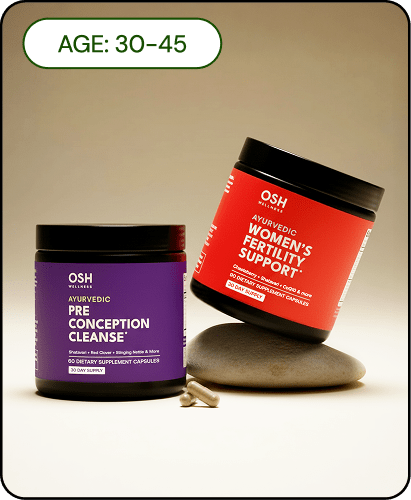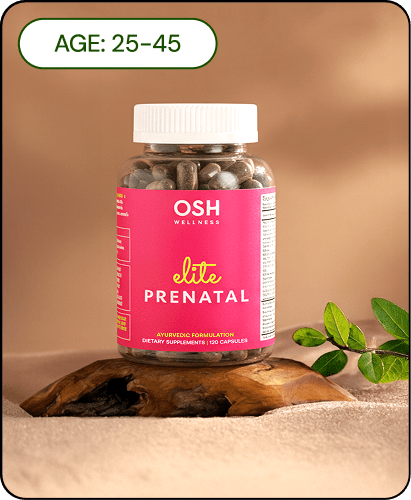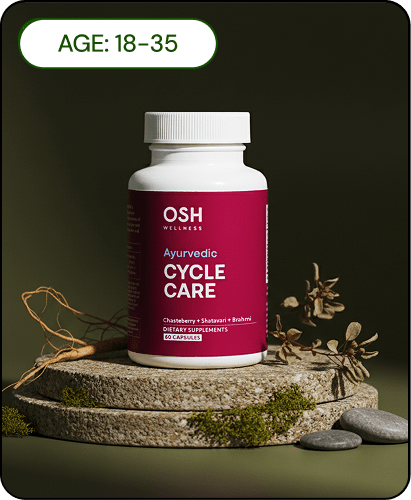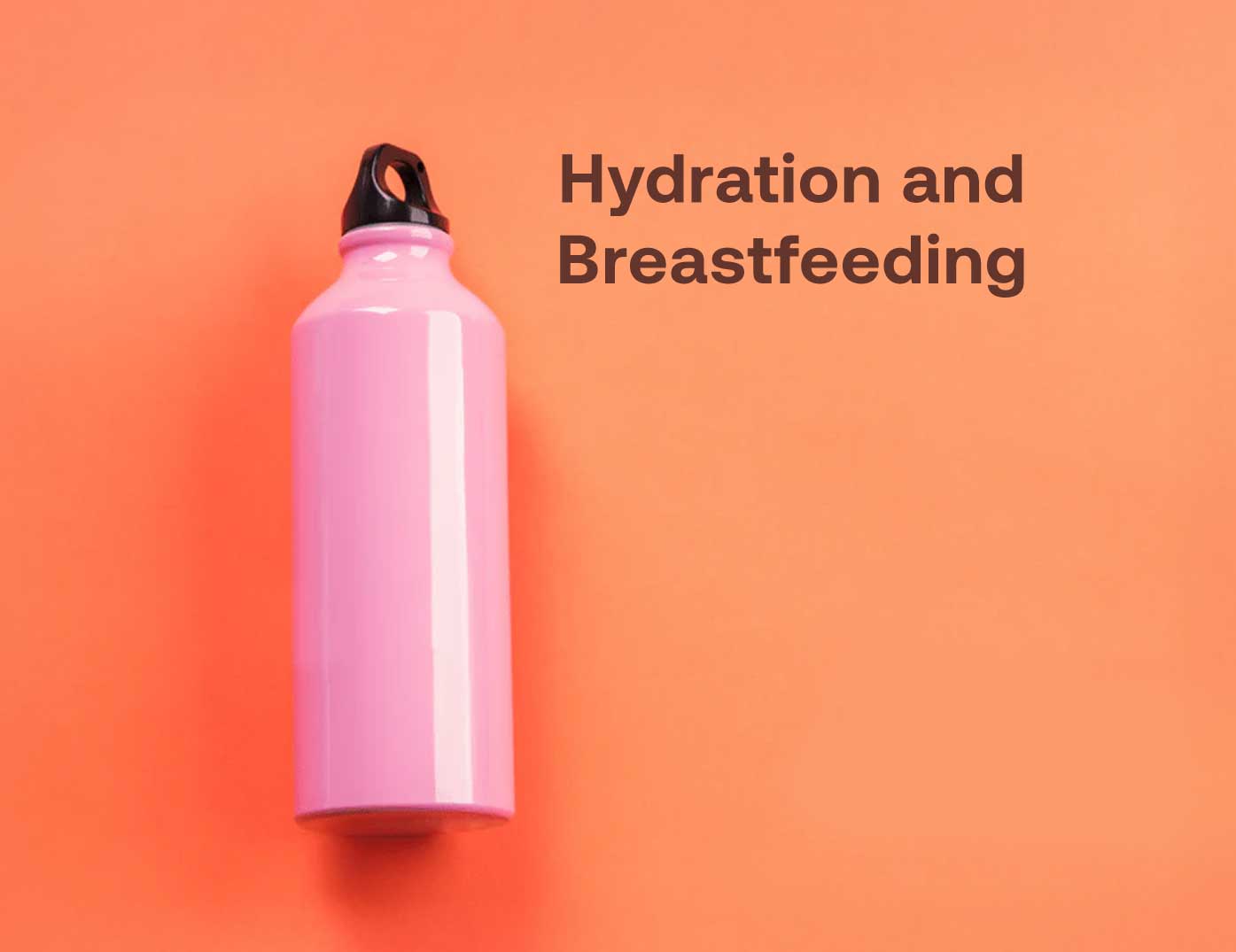Table of contents
Nursing mothers may be surprised to learn that breastmilk is 90% water. But it shouldn’t come as a surprise, then that hydration is essential when breastfeeding. Experts recommend that mothers who are nursing should aim for 128 ounces per day. However, it is also recommended that nursing moms drink only enough to quench their thirst and may not require excess liquids.
Hydration and Breast Milk Supply
If you have an adequate supply of breast milk, drinking excess water won’t necessarily boost your production. However, if you notice that your supply is lacking, hydration may be the culprit. Drinking too little water can cause some mothers' supply to drop. That is why it is important to stay hydrated while you are nursing. This sounds simple, but for busy moms, it can be easier said than done.

How Much Water Do Nursing Mothers Need?
If you think 128 ounces of water sounds like a lot, you wouldn't be wrong. However, when you consider that an 8-ounce glass is a rather small serving, the number seems more manageable. 128 ounces is sixteen 8- ounce cups. In your typical bottled water bottle, there are around 16.9 ounces. 128 ounces is only about seven and a half standard water bottles.
Though experts generally don’t state that nursing mothers need to consume more liquid, studies have found that they naturally do. The Institute of Medicine found that mothers who breastfeed consume about 3.1 liters (13 cups) each day compared to the 2.2 liters (9 cups) consumed by non-pregnant or lactating women.
Because each person's individual hydration needs may vary, the general consensus is that nursing moms should drink enough to satisfy their thirst. But paying attention to your body’s cues can be difficult when you are trying to care for the needs of your little one.
How To Stay Hydrated While Breastfeeding
Since breastfeeding mothers are directed to drink enough to quench their thirst, it is important to know a few tips and tricks on how to stay hydrated.
Pay Attention To Your Thirst
The best way to know how much water you need is to recognize your body’s cues. This is why “drinking to thirst”, or drinking enough water so that you never feel thirsty, is recommended. When you feel thirsty, it is your body telling you that you need more liquids.
Thirst is a common sensation for nursing moms to experience. Many women feel especially parched during nursing sessions. This is because breastfeeding releases oxytocin. This hormone naturally triggers your thirst cues, encouraging you to drink water so that additional breastmilk can be produced.
Unfortunately, by the time you feel truly thirsty, your body is already depleted of fluids. Regularly drinking water throughout the day to ward off thirst is very beneficial.
Some women also pay close attention to the color of their urine. Pale yellow to almost clear urine is optimal. Darker urine means that your body may not be receiving enough fluids to dilute your urine.
Monitoring your bodily cues is very helpful in assessing your level of hydration. But this can be considered a reactive measure, meaning you often find out that you need more water when you are already on your way to depletion. Here are a few preventative measures you can take.
All Liquids Count
All liquids count is an important consideration. You don’t have to drink 128 ounces of pure water each day to meet your hydration goals. Hydration comes in many forms, including water-rich foods and other non-water liquids. Such as:
- Water-filled foods like watermelon, cucumbers, and oranges
- Cow's milk or non-dairy milk
- Fruit or vegetable juices and smoothies
- Soups
- Decaf coffee, tea, or golden milk
Nevertheless, water is the best source of hydration. It is sugar-free, caffeine-free, and easily accessible. Water is the purest way to up your liquid intake, but other sources count towards your overall fluid intake.
Keep A Water Bottle Nearby

Many moms find keeping a water bottle or glass of water nearby helps them to remember to drink. It also makes it easier to take small sips of water throughout the day, helping you to meet your liquid quota.
Keeping a pitcher or large jug somewhere you will see it, or have to pass it by often may also help. It is effortless to remember to drink when your water is closeby and is a visible constant reminder to rehydrate.
Drink When You Nurse
Drinking when your baby drinks is a simple way to remember to hydrate. This is especially helpful because many moms feel thirsty during nursing sessions. When you go to nurse your baby, keep a glass or bottle of water on hand. You can sip as your baby drinks.
Other moms like to down an entire glass before or after a nursing session. Most newborns nurse 8-12 times each day; if you were to drink a glass of water with each nursing session, you would easily meet your intake needs.
Just be sure not to overhydrate. It can disrupt your electrolyte balance. To remedy this imbalance, your body channels all excess water to your urine, diverting it away from breastmilk production.
Flavor Your Water
Breastfeeding mothers may find themselves thirstier more often, but sometimes reaching for a glass of water doesn’t sound all that appetizing. Playing with flavors and the temperature may help beat water bottle boredom.
You can infuse your water with fresh or frozen fruit, cucumbers, or even breastfeeding safe herbs. The possibilities are endless! Just add the flavor-boosting ingredients to your water bottle or pitcher and stir. You can also leave them in the pitcher overnight for maximum flavor!
Seltzer is another way to spice up plain old water. It can give you that fun fizz without adding caffeine or sugar. Bubbly drinks can be flavor-free or have fun additions, just be sure to double-check the ingredients for hidden additives.
Finally, herbal teas that are safe for nursing mothers may be a welcome change. Either hot or iced, these delicious beverages can inspire you to drink more liquid while being incredibly soothing.
Pure water day in and day out can be dull, switching things up every once in a while can help make staying hydrated more fun!
Avoid Dehydration

Aside from decreasing your breast milk supply, staying hydrated is also important to avoid dehydration. Nursing moms aren’t the only ones who shouldn’t be dehydrated. It is vital to drink enough liquids, no matter what stage you are in, pregnant, postpartum, or trying to conceive. This is because dehydration can cause:
- Dizziness
- Headache
- Muscle cramps
- Nausea
- Constipation
- Dry mouth
- Fatigue
- Moodiness
Unpleasant side effects that no one wants to deal with, especially busy moms.
Hydrate For You and Your Baby
When breastfeeding, drink to thirst. You don’t have to worry about consuming copious amounts of water but try to keep a bottle or glass within reach throughout the day. If sipping on plain water gets dull, try out new flavors. While plain water is best, all liquids count. Eating and drinking a healthy and balanced diet will help you effortlessly meet your water needs, for you and your baby!








